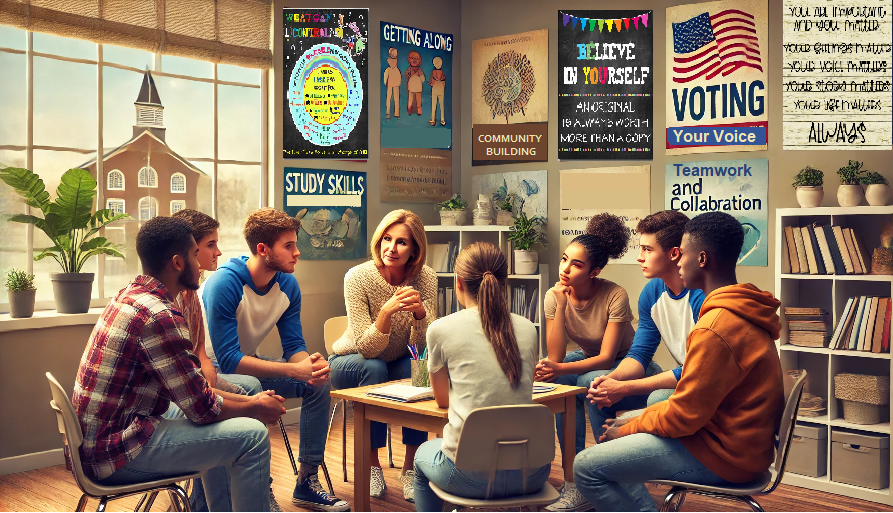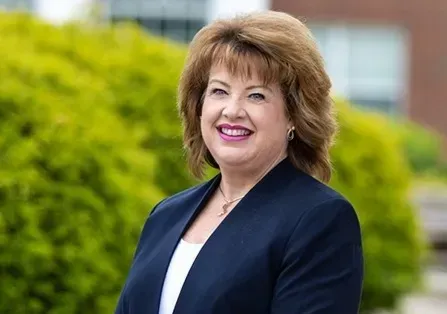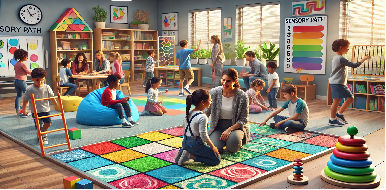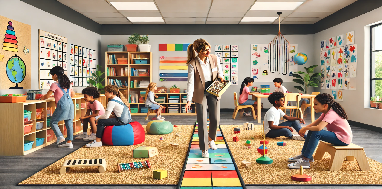Susan Rardon
Rose, Ph.D.
Navigating Political Transitions in the School Environment
Helping Students With the Inauguration

In times of political change, such as an inauguration or the transition of leadership, students may experience heightened confusion, anxiety, or even conflict at home and in their communities. These feelings are understandable, especially when the conversations they hear from parents, peers, and the media are charged with conflicting viewpoints. As school counselors, you play a pivotal role in creating a safe space where students can process these changes, understand their feelings, and develop healthy strategies to cope with uncertainty.
In this blog, we’ll explore practical ways school counselors can support students during periods of political transition, all while maintaining a neutral, fact-based approach that respects different perspectives.
Understanding Student Concerns
Political transitions can evoke a range of emotions in students:
- Confusion: With differing opinions at home and in the community, students may feel overwhelmed by the amount of conflicting information.
- Anxiety: The uncertainty that accompanies change can lead to feelings of worry about the future or about societal stability.
- Identity and Belonging: For some, political changes can prompt questions about their own beliefs or place within their community, especially if they are caught between divergent viewpoints.
By acknowledging these feelings, counselors can validate student experiences and set the stage for constructive conversations.
Creating a Safe and Neutral Space
One of the most important roles of a school counselor during times of political change is to provide a nonpartisan environment where students feel heard and supported. Here are some strategies to consider:
- Establish Ground Rules for Dialogue: Encourage respectful conversation by setting clear expectations for discussion. Remind students that the counseling space is a place for open expression without judgment or political persuasion.
- Listen Actively: Practice active listening to help students articulate their concerns. This validates their feelings and helps them understand that it’s okay to have mixed emotions during uncertain times.
- Neutral Information Sharing: When students ask questions about political events, focus on sharing verifiable, factual information. You can help them understand the process behind political transitions without endorsing any particular viewpoint.
Helping Students Navigate Conflicting Messages
Students often receive mixed messages from their families and communities during political transitions. Counselors can help students process these messages by:
- Encouraging Critical Thinking: Guide students in evaluating the information they receive. Encourage them to ask questions like: “What are the sources of this information?” or “What evidence supports this perspective?” This approach helps them build skills in discerning fact from opinion.
- Discussing Emotions and Reactions: Facilitate sessions where students can explore their emotional responses to conflicting views. Discussing these reactions can help students manage stress and reduce feelings of isolation.
- Role-Playing Scenarios: Use role-playing exercises to simulate respectful dialogue. This can empower students to express their views and practice empathy, even when discussing sensitive topics.
Fostering Emotional Resilience
Emotional resilience is key to helping students navigate the sometimes turbulent landscape of political change. Consider the following approaches:
- Mindfulness and Stress-Relief Techniques: Incorporate mindfulness exercises, deep breathing, or guided meditation into your sessions. These practices can help students manage anxiety and maintain a sense of calm during stressful times.
- Support Groups: Create small groups where students can share their experiences and coping strategies in a moderated, supportive setting. These groups foster community and allow students to learn from one another’s perspectives.
- Individual Counseling: For students who experience significant distress, individualized counseling can provide tailored strategies to manage their emotions and build resilience in a challenging environment.
Final Thoughts
Political transitions such as inaugurations and changes in leadership are a natural part of our civic life, yet they can create a challenging environment for students navigating conflicting messages from their families and communities. As school counselors, your role in providing a safe, neutral, and supportive space is invaluable. By encouraging critical thinking, fostering respectful dialogue, and promoting emotional resilience, you help students develop the skills they need to process their feelings and engage with the world around them in a thoughtful, informed manner.
Remember, the goal is not to sway political opinions but to empower students to understand and manage their emotions, learn to navigate conflicting information, and become more confident in their ability to form their own opinions based on reliable, factual information. Together, we can guide our students through these transitions, ensuring that they emerge not only informed but also resilient and compassionate citizens.
I am a school counselor turned counselor educator, professor, and author helping educators and parents to build social, emotional, and academic growth in ALL kids! The school counseling blog delivers both advocacy as well as strategies to help you deliver your best school counseling program.

I'm a mother, grandmother, professor, author, and wife (I'll always be his). Until October 20, 2020, I lived with my husband, Robert (Bob) Rose, in Louisville, Ky. On that awful day of October 20,2020, my life profoundly changed, when this amazing man went on to Heaven. After Bob moved to Heaven, I embraced my love of writing as an outlet for grief. Hence, the Grief Blog is my attempt to share what I learned as a Counselor in education with what I am learning through this experience of walking this earth without him. My mission is to help those in grief move forward to see joy beyond this most painful time.
Useful Links










